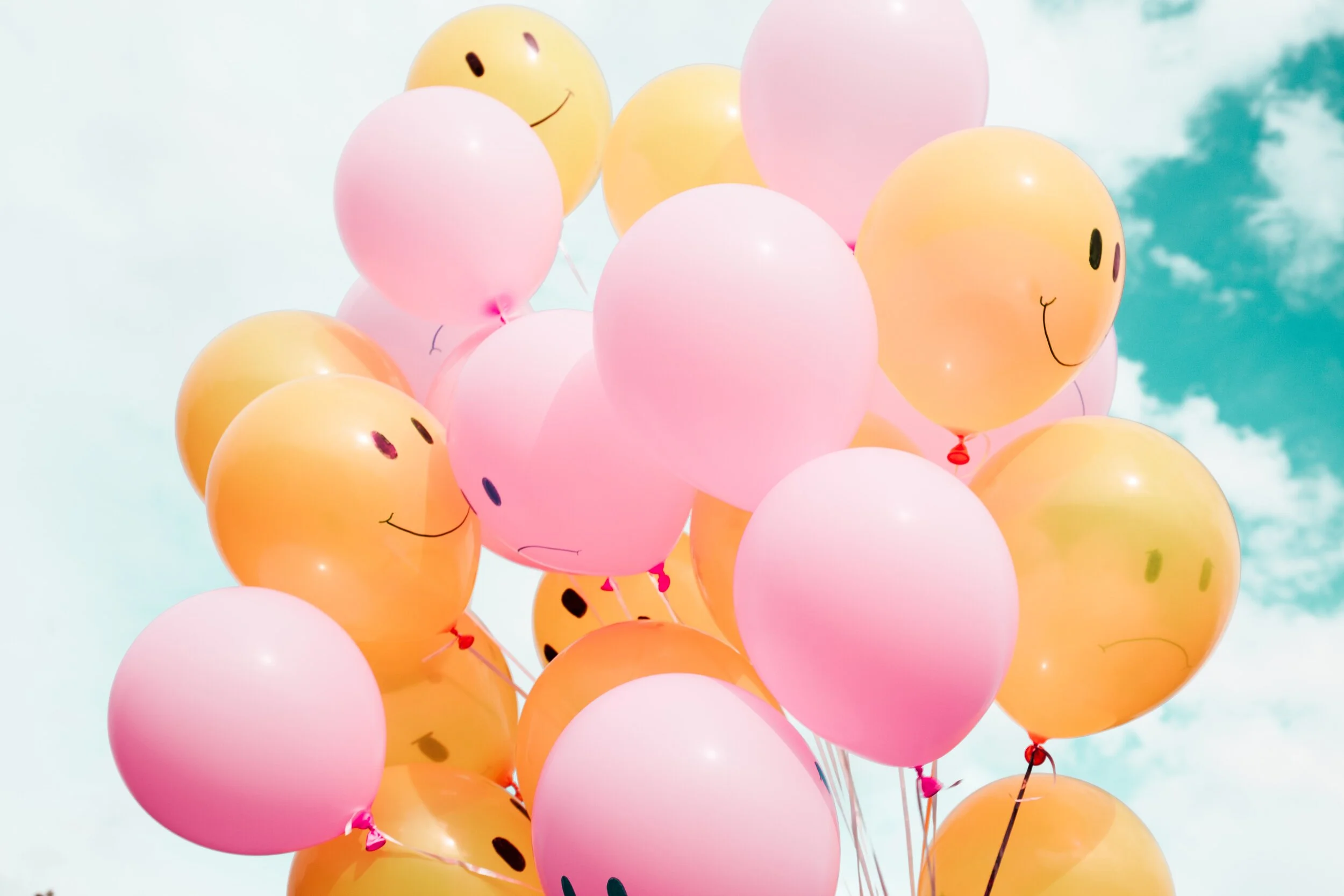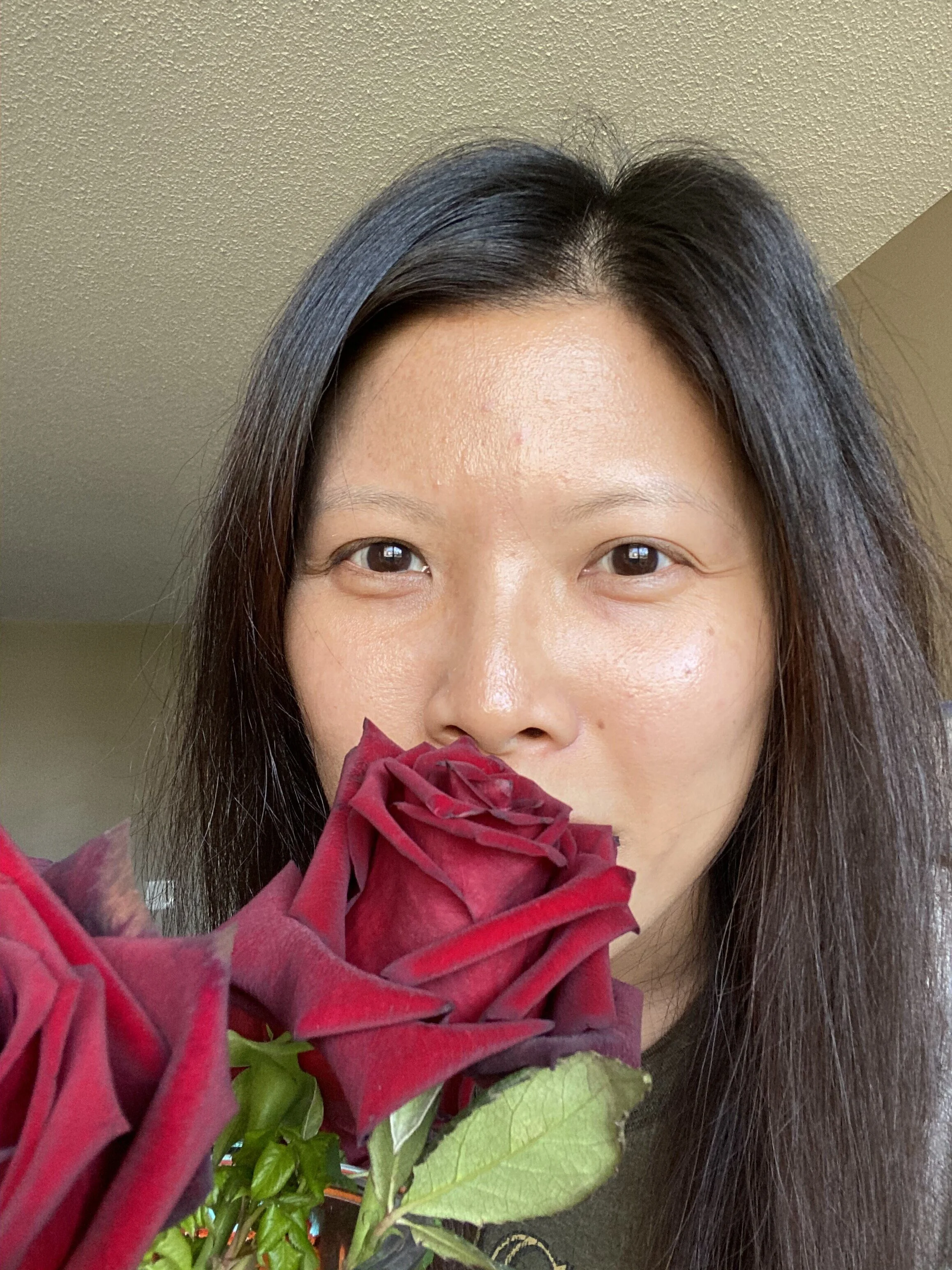Coming to you today with a quiz to start with!
I want you to guess which group of the students persisted, better, and longer, and have more grit after failure.
There's three groups of students, and they were all going through this, let's say, a super elite version of the SAT. So, it's a super hard vocabulary test, and it's pretty much rigged for them to fail.
So all the students failed.
Now there's three groups.
1️⃣ The first group are not told anything after the failure, just that you didn't do well, you failed.
2️⃣ The second group were taught ways to boost their own self-esteem. So, learning how to say, “I’m awesome!” This study was done in Berkeley, so it's like “You got into Berkeley, you must be so smart. You're amazing in other ways!” So it’s like doing a self-esteem boost talk.
3️⃣ And the third group is learning how to speak to yourself kindly, as if you're talking to your best friend, so like, “Hey, it's okay. You didn't do well, that's okay. I still like you as a person. And you have other good qualities, so don't worry about it. How can I help you?” Think about how you would talk to your best friend who's struggling.
So those three groups of students.
And so after that, they looked at how long...the students had their actual exams later on in their course. They ask them, how long they studied for their exam.
And I want you to guess which group was more persistent and studied more for their next exam.
So was it
1️⃣ the group that weren’t told anything after the failure?
2️⃣ The group who got their self-esteem boost?
3️⃣ Or the group who were told to have self-compassion, be kind to themselves?
You can take a moment to think about it, before I give you the answer.
.
.
.
.
.
.
Okay! So, they found that the group who went through 3️⃣ the self-compassion condition were the ones who actually picked themselves up more after failure and had grit and had more resiliency and worked harder in their next obstacle.
This is an interesting thing because people might assume, why not self-esteem that is the thing that's going to help you after failure?
The researcher here, Kristin Neff, she's a leading researcher in self-compassion...I don't think it was her own study.
But, she still explained it, where self-esteem is good to have, right? But it's usually contingent on some kind of success, or social comparison.
So for example, “I'm really pretty,” but that's comparing it to other people's look,
“I'm really great at basketball,” so you have to know where your skill lies compared to others
Self-esteem is how good you see yourself, and it tends to be a social comparison-contingent in some way.
So, not saying it’s a bad thing to have, but the problem is it abandons you when you fail.
Because if you fail, then you have evidence that you weren't better at something than other people.
This is where the self-compassion is more universal and can come in, because it's really about, “Hey, we're all human. Every single human on Earth has failed in some way, and it's totally cool and normal, but that's okay, let's just pick ourselves up and try again.”
And that kind of message actually adds more internal resources and resiliency, so that when you do fail you don't feel like double shit from saying, “You suck! You're an idiot!” So that's the first thing.
And then second thing is self-compassion gives you the space to rebuild your internal resources so that you will actually want to work harder in future tasks.
That's something for you to try out, if you're the kind who tends to be really mean to yourself if you fail at something,
Quick tips are;
🤗 if you fail at something and you’re starting to feel bad, let's pretend you're talking to your best friend, or someone you care about. How you speak to them, speak to yourself that same way.
👵🏽 Or if that’s harder for you, imagine somebody in your life who is very compassionate and very kind, and what they would say to you after that failure to help build up that compassionate muscle for yourself.
So try it out and see how it is!

